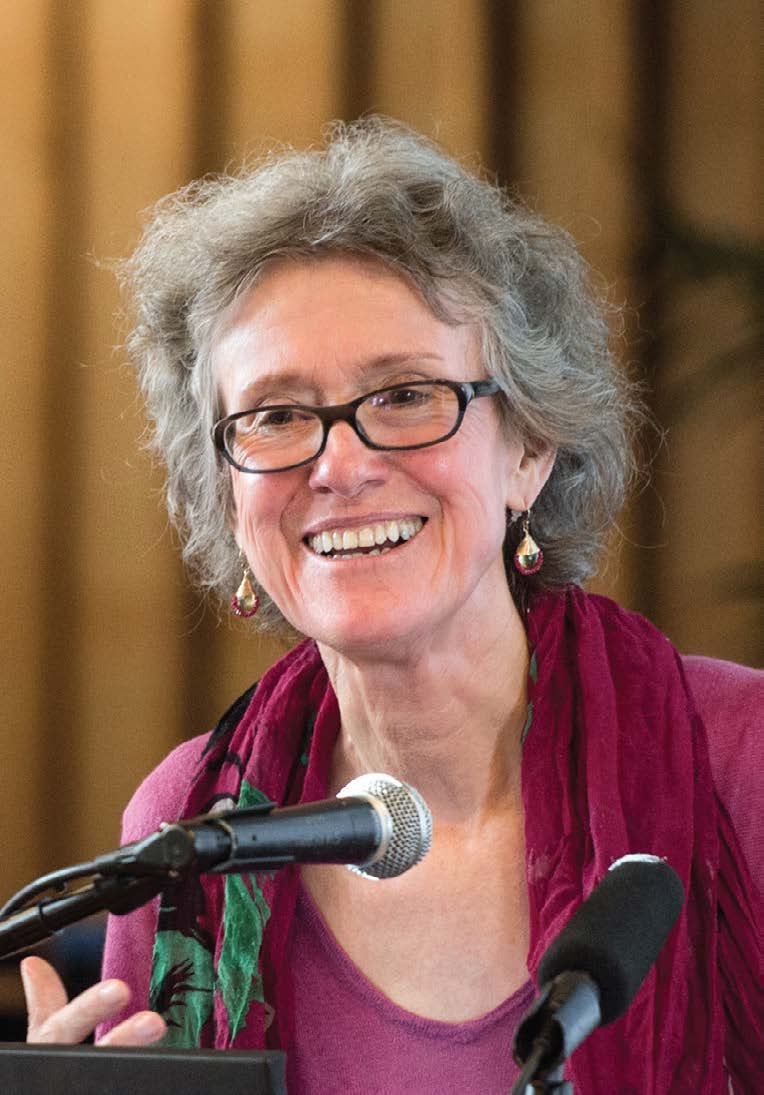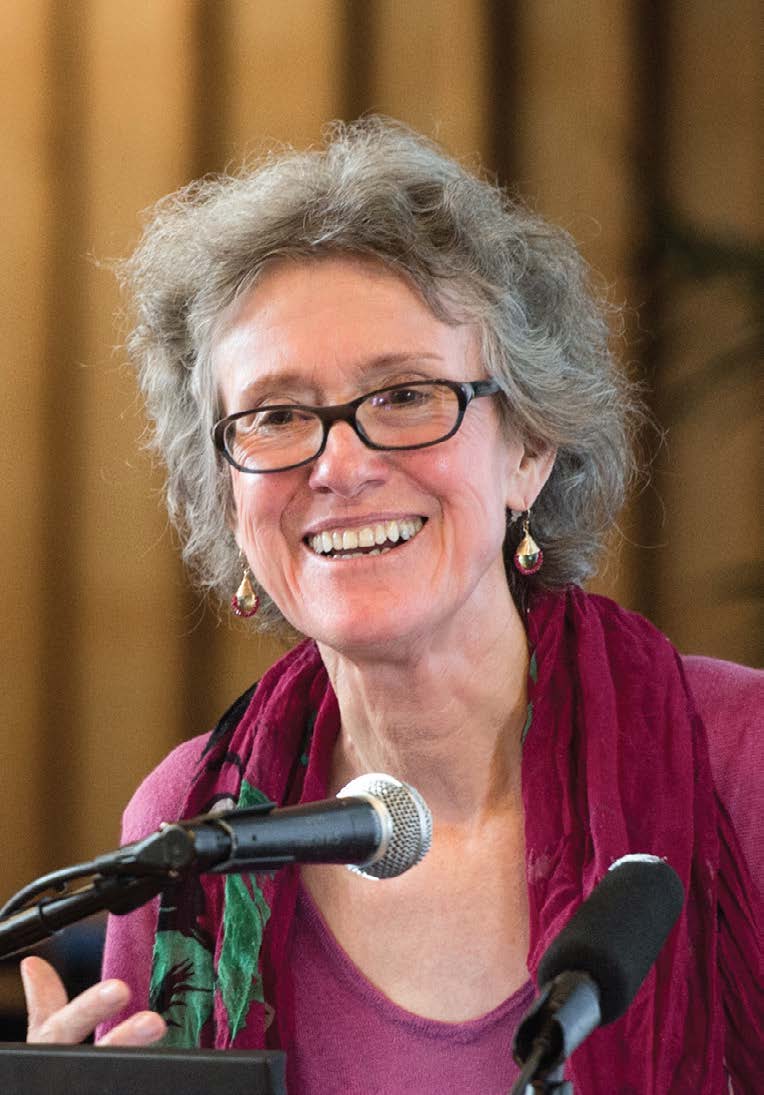 We sat down with Berkeley’s Arlie Russell Hochschild to discuss Strangers in Their Own Land: Anger and Mourning on the American Right, this year’s selection for One Book One Marin.
We sat down with Berkeley’s Arlie Russell Hochschild to discuss Strangers in Their Own Land: Anger and Mourning on the American Right, this year’s selection for One Book One Marin.
MM: How did the process of researching and writing this book change you? Did it only serve to further increase empathy, or did any of your views shift along the way?
AH: In the process of researching Strangers, I got to know people who generously opened their lives to me in the hopes that I would “get” how it is they feel, and as best I could, that’s what I tried to do. And whenever we try this, it deepens us, I think. And that’s what it did to me — I feel like I came home deeper. Before writing this book I might have described myself as somewhat opinionated and rigid. Maybe I wanted to work on that fixity, to see if I could develop a capacity to move from one perspective to another. But did it change my political commitments? No.
MM: The ideas presented in your book seem more important now than ever. What would you say to Americans who feel that the people who make up this country itself are divided?
AH: I would agree that there are very strongly held differences in viewpoint, left and right, and that the forces pushing us apart are growing and those pulling us together are as of yet weak. I wish for more people to reach across the divide — and there are a lot of pop-up groups trying to help people do that. Check out some of the 70 or 80 smaller groups housed under an umbrella group called the Bridge Alliance.
MM: What would you as a sociologist say to those who have a difficult time putting themselves in another’s shoes? How can they begin to develop empathy?
AH: I think most people are highly capable of empathy, but they just don’t apply that capacity to those they think of as “the other.” So it’s a matter of resolving to apply a highlevel capacity to an important new task: reaching across the divide.


